Ninety percent of all food shopping dollars in the U.S. are spent on processed foods. Now, there’s a sobering statistic! The overall goal in transitioning to a plant-based diet is to use as many whole foods as possible — and it can be surprisingly easy to find all-natural, healthful foods at the supermarket.
Fortunately, in response to consumer demand, supermarkets are offering more healthy, vegan options than ever. Here are some tips for choosing wisely when you're transitioning to plant-based fare, or are already there!
Concentrate on the periphery of the store. I know, you’ve probably heard this before. That’s where you’ll find the produce section, of course, and other foods that are welcome in the plant-powered diet, like nondairy milks, tofu, and other soy products can be found around the edges of stores as well. Some enlightened supermarkets have even added bulk sections for whole grains, dried legumes, nuts, seeds, dried fruits and other such foods that until recently could only be found at the natural foods store.
Explore the international (or ethnic) food aisle. It can be a good source for condiments and specialty ingredients that enhance your fresh homemade meals. For example, there are all kinds of sauces — teriyaki, Thai peanut, Indian simmer sauces, and more — that are packed with flavor and enhance your homemade meals beautifully. Of course, look for brands that feature natural ingredients and no animal products.
Healthy whole foods are there — look for them! Fresh fruits and vegetables, dry beans and lentils, whole grains (like brown rice and quinoa), nuts, and seeds are about as close to the source as possible. Some minimally processed foods, still close enough to their origins, also have good value — think of nut butters, frozen peas, organic canned beans.
Tempeh is closer to its source (soybeans) than is tofu, though the latter is also not a terribly processed food; both are far better than highly processed fake meats fashioned from isolated soy protein. More and more supermarkets are carrying food and not just "food products."
Choose organic produce wisely. Yes, organic is more expensive, but for certain kinds of produce, it's the wisest choice. To learn what produce is best organic, and where you can save money on fruits and veggies that aren't filled with pesticide, see the latest list of EWG's Dirty Dozen and Clean Fifteen.
Don’t go grocery shopping when you’re hungry, or without a list in hand. These are familiar hand-in-hand tips, but ones that bears repeating. These habits will most likely lead to overspending and buying items you don’t need.
Read labels carefully. Avoid any high fructose corn syrup product. Or, if you’re buying a prepared marinara sauce, there’s no reason for it to have added sugar at all. If you’re going full-on vegan, avoid products that list gelatin, or condiments that contain fish or dairy.
If you use coupons, make sure they’re for items you really need. Most coupons are for packaged foods; you’ll rarely, if ever, find them for fresh produce — the foods we most need in our daily fare, and which receive the least amount of marketing dollars.
Don’t fall for labels that tout the food trend du jour. For example, some foods are naturally gluten-free or low-fat. It’s important to know that bread or crackers are gluten-free, but for goodness sakes, I’ve seen fruits and vegetables labeled "gluten-free." A label that states the fact usually means that more marketing dollars are at play.
- Find lots more healthy eating and living tips in our Healthy Kitchen section.


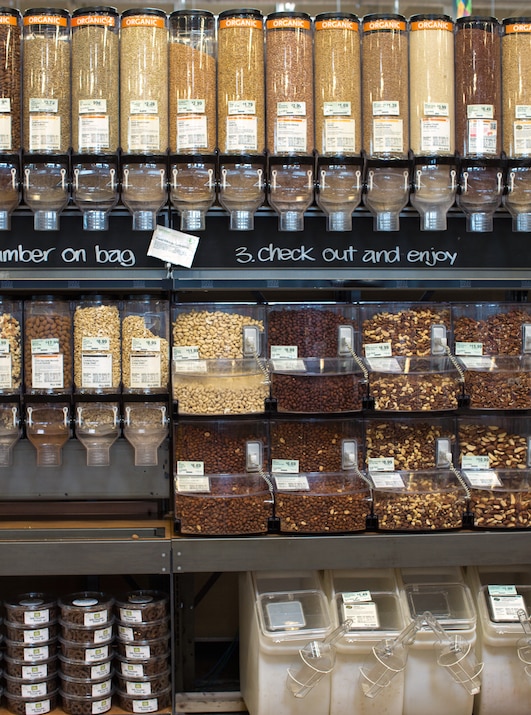
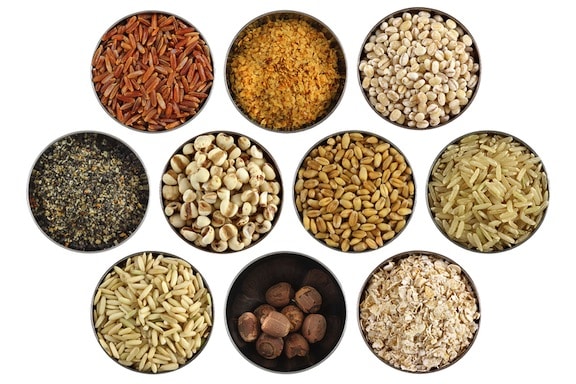
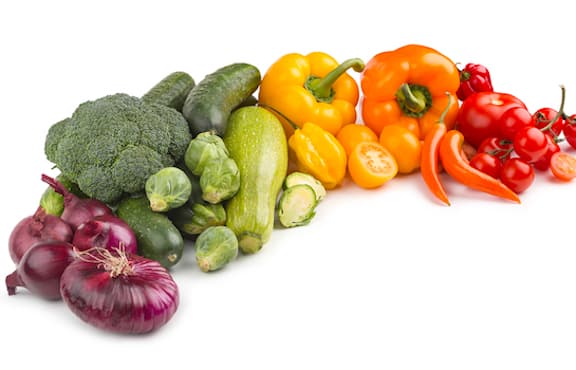
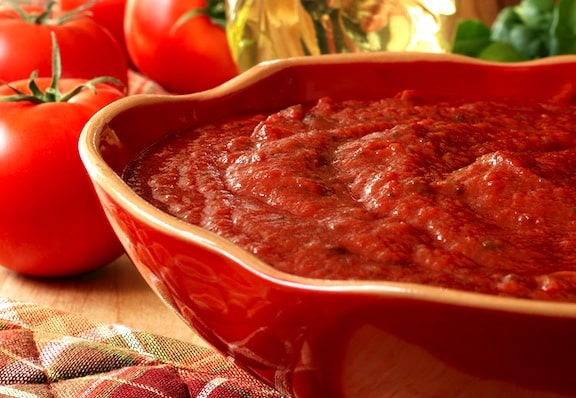

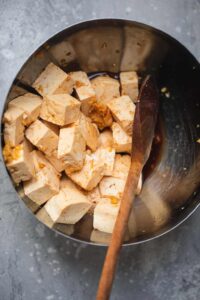
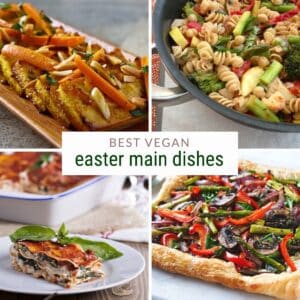

Hercules says
Really useful tips, that everyone should follow, not only vegans !
I read an interesting article recently about vegan egg alternatives, with a few brands you can actually buy :
https://cruelty-free-lifestyle.org/vegan-eggs/
enjoy reading and share !